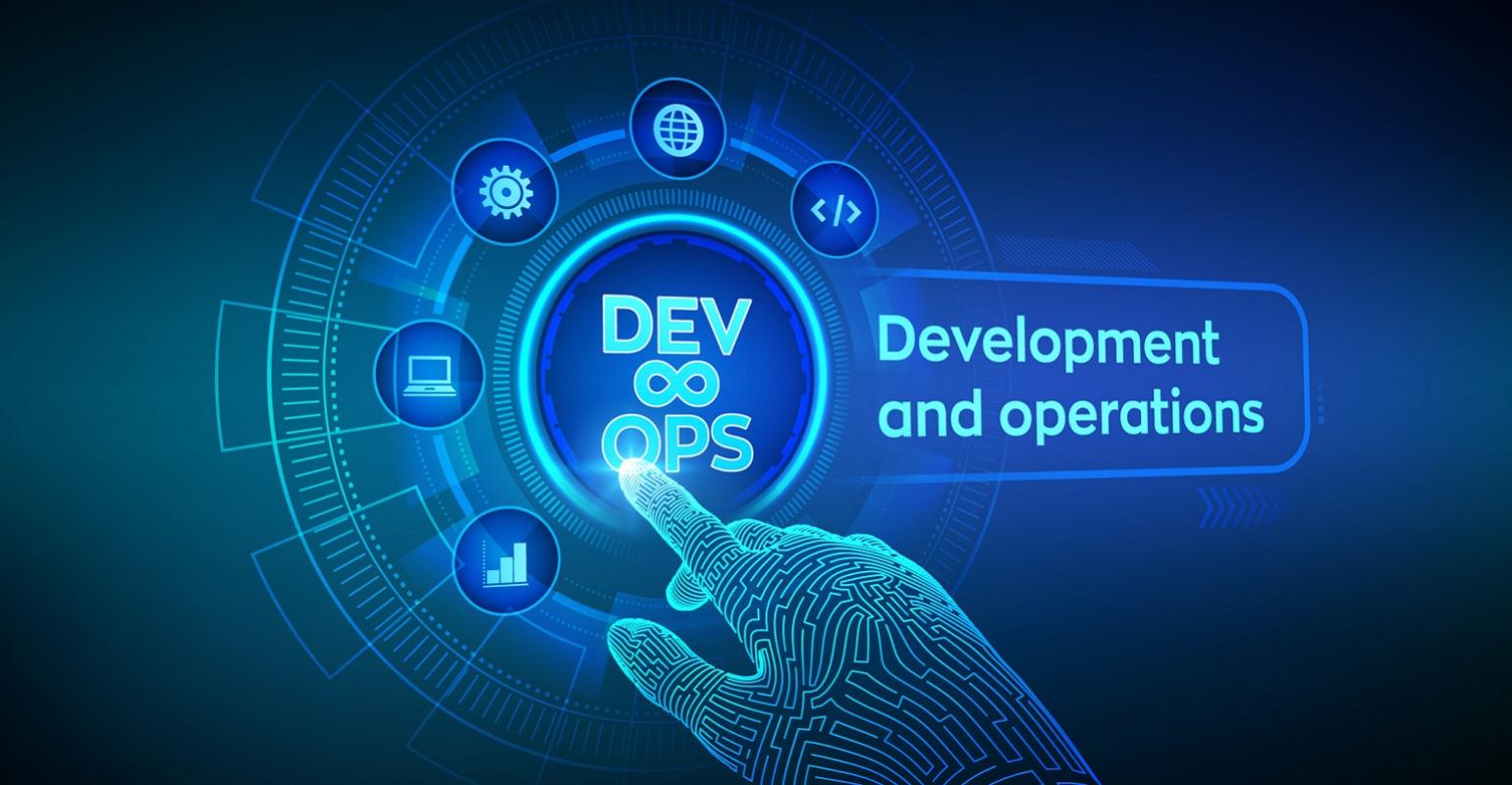
DevOps (Development and Operations) is a set of practices, principles, and cultural philosophies that aim to improve collaboration and communication between development and IT operations teams, therefore leading to more efficient and reliable software delivery processes. DevOps for beginners training typically covers a wide range of topics to help professionals understand and then implement these practices effectively. Below is a list of common DevOps for beginners training contents:
Introduction to DevOps:
- What is DevOps?
- Origins and evolution of DevOps.
- Benefits of implementing DevOps practices.
DevOps Principles:
- The Three Ways: such as Flow, Feedback, and Continuous Learning.
- The CALMS model: such as Culture, Automation, Learn, Measurement, and Sharing.
Collaboration and Communication:
- Breaking down silos between development and operations teams.
- Cross-functional collaboration and effective communication.
- The role of empathy in DevOps culture.
Continuous Integration (CI):
- Introduction to CI and its importance.
- Setting up automated build and test processes.
- Integrating version control systems (e.g., Git) with CI.
Continuous Delivery and Continuous Deployment (CD):
- Understanding the CD pipeline and then Automating deployment and release processes.
- Blue-green deployments and feature flags.
Infrastructure as Code (IaC):
- Introduction to IaC and its benefits.
- Tools such as Terraform, Ansible, and Puppet.
- Managing infrastructure using code and version control.
Configuration Management:
- Ensuring consistency across environments. moreover managing configurations and updates.
- Ansible, Puppet, Chef, and other configuration management tools.
Containerization and Orchestration:
- Docker and containerization concepts. therefore, kubernetes for container orchestration.
- Creating and managing containers and clusters.
Monitoring and Logging:
- Importance of monitoring and observability.
- Implementing monitoring solutions (e.g., Prometheus, Grafana).
- Logging strategies and tools (e.g., ELK stack).
Automated Testing:
- Different types of automated tests (e.g. unit, integration, acceptance, etc.).
- Test automation frameworks and best practices.
Security in DevOps:
- Integrating security practices throughout the DevOps lifecycle.
- DevSecOps and securing the CI/CD pipeline.
Continuous Learning and Improvement:
- The concept of “Kaizen” and continuous improvement.
- Post-incident reviews (postmortems) and learning from failures.
Cloud Services and Deployment:
- Leveraging cloud platforms for scalability and flexibility.
- Cloud-native architectures and services.
Version Control and Git:
- Mastering version control with Git.
- Branching strategies and best practices.
DevOps Culture and Mindset:
- Creating a culture of collaboration, ownership, and innovation.
- Embracing failure as a means of learning and improvement.
Case Studies and Real-World Examples:
- Analyzing successful DevOps implementations.
- Learning from industry best practices.
Toolchain and Automation:
- Overview of various DevOps tools (e.g. Jenkins, CircleCI, GitLab, etc.).
- Automating workflows and processes.
Scaling DevOps:
- Implementing DevOps in large organizations.
- Challenges and strategies for scaling DevOps training practices.
DevOps Adoption Strategies:
- Steps to introduce DevOps practices to existing workflows.
- Change management and overcoming resistance.
Hands-On Labs and Projects:
- Practical exercises to reinforce concepts learned.
- Building and deploying applications using DevOps practices.
Finally, Remember that the specific content and depth of DevOps-for-beginners can vary based on the DevOps training program, audience, and goals. Whether you’re looking to become a DevOps engineer, manager, or a member of a development or operations team, therefore . Locus Academy has more than a decade experience in delivering the training, Staffing on DevOps for Beginners for corporates across the globe. The participants for the training, Staffing on DevOps for Beginners are extremely satisfied and are able to implement the learnings in their on going projects. Please Visit DevOps Official Site:


